BP boss Bernard Looney takes a leap into the unknown with bold pivot to green energy
BP Chief Bernard Looney’s bold pivot has confounded critics with the scale of reinvention plans to turn the oil giant green.
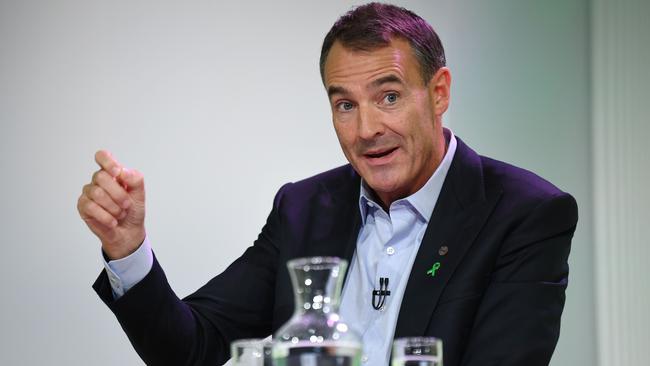
In 1991, a 20-year-old Bernard Looney borrowed his brother’s Volkswagen Passat estate and drove from their home in southwest Ireland to Aberdeen for his first day of work as a BP engineer. He parked outside the Ardoe House hotel, where he was staying. “John Major was coming to visit and they told us to move our cars overnight,” Looney recalled. “I never got the message, or I didn’t follow the rules, and I woke up in the morning and there were four police standing around my car. An Irish registration, in Scotland, with John Major coming to visit . . .”
From that inauspicious start, Looney forged a career with the oil giant that saw him rise to become chief executive. Starting as a drilling engineer in the North Sea, Vietnam and the Gulf of Mexico - he helped to discover the huge Thunder Horse field in 1999 - he eventually ran BP’s “upstream” division, taking charge of exploration and extraction, before succeeding Bob Dudley last February. Looney, 50 next month, inherited a company that had recovered from near-collapse after the tragic Gulf of Mexico spill, but had yet to nail its colours to the mast on what will be the defining question of this decade and beyond: climate change.
Last week, Looney and his chairman, Helge Lund, decisively tilted BP away from the hydrocarbons that have fuelled the company since its foundation as the Anglo-Persian Oil Company in 1908 and pumped up millions of pensioners’ portfolios with dividends over the years.
By 2030 we’re aiming to become a different kind of energy company – expecting to scale up our annual low carbon investment to around $5b a year and lower oil and gas production by 40%. All part of our new strategy to deliver our #bpNetZero ambition.
— bp (@bp_plc) August 4, 2020
Having already promised to make BP a net-zero carbon emitter by 2050, Looney set out a raft of plans that would turn it into “a very different kind of energy company”. He said it would increase its investment in green power tenfold, from $714 million to $7 billion a year, and develop 50 gigawatts of renewable capacity by 2030 - more than the UK’s entire current capacity. Looney said it would go from owning 7,500 electric car charging points to 70,000.
We’re introducing 100 ultra-fast charging points to Aral retail sites in Germany. The new 350 kW chargers will offer up to 350km of range from about 10 minutes charging time – all powered by 100% renewable energy.
— bp (@bp_plc) July 24, 2020
He added that its investment in oil and gas production would drop to about half its spending, with output falling by 40 per cent to 1.5 million barrels a day as it stopped exploring in new countries (although that excludes BP’s 19.75 per cent stake in the Russian oil giant Rosneft).
“That’s probably the thing that shocked the most people,” Looney told The Sunday Times in his first proper newspaper interview two days later. Last Tuesday’s announcement was so full of surprises that the halving of the dividend, which was $11.6 billion last year - about 6 per cent of the FTSE 100 total - and a record $25.5 billion loss for the second quarter barely raised eyebrows. The bad financial news had been priced into the shares, which rose 6.7 per cent amid plaudits from such unlikely quarters as Greenpeace ("BP has woken up to the immediate need to cut carbon emissions this decade") and the UN ("a big step in the right direction").
We've announced a new strategy – to transform bp from an international oil company producing resources to an integrated energy company delivering solutions for customers. Here's some of the highlights from this morning's live presentation. #bpNetZero pic.twitter.com/LgDtWiAC3s
— bp (@bp_plc) August 4, 2020
Looney, wearing an open-necked shirt and a pair of $900 Tom Ford jeans, denied he was turning his back on the commodity and the industry that made his career. “We are a company that’s 97 per cent hydrocarbons today,” he said. “That’s where the cash comes from. Without the cash, there isn’t the investment. Do you believe that we have a role? That we should transition? The only possible way to do that is to maintain that existing business. We’re not turning our back on it.”
He said the cashflow from fossil fuels would fund the push to “decarbonise an oil and gas company” and “help the world decarbonise”. “We need that business,” he said of BP’s oil and gas empire. “We will have work to do to make sure that those people feel very much part of the future. But the overwhelming feedback this week is that people are jazzed.”
Looney admitted oil was “increasingly becoming socially challenged” as public attitudes harden amid pressure from campaigners such as Extinction Rebellion and Greta Thunberg. BP is directly or indirectly responsible for 415 million tons of annual carbon emissions - more than the entire UK - and has been dropped as a sponsor by the likes of the Royal Shakespeare Company and National Galleries Scotland. He said he had hired people such as Giulia Chierchia from consultancy McKinsey as head of strategy last month, whom he “would have struggled to hire had we not laid out the ambition” to become a net-zero emitter. He said there had also been “people inside the company who were planning to leave and changed their minds” after that.

Conversely, an industry source suggested that Looney was “playing to the woke group” and said there was “a degree of disenfranchisement, as you’d expect” among BP’s “older generation”.
“There’s a view that this is a bad industry, and I understand that,” Looney said. “I don’t agree, because if you meet our people, I don’t think you’ll say they’re bad people. Good people don’t come to work for a bad company - good people have choices. A lot of people are really energised about what we’re doing.”
BP’s bold pivot to green energy may have won praise but it has prompted questions, too. BP predicted it would generate a blended return of 12 per cent-14 per cent by 2030, with renewables such as wind, solar power and biomass producing 8 per cent-10 per cent. Those forecasts were queried by experts, who pointed out that a wall of institutional money would move into green energy, depressing returns.
Jason Gammel, an analyst at Jefferies, said: “The risks are really around whether the scale can be met or not. Fifty gigawatts is quite a bit of generation capacity. Whether the opportunity is truly there is a risk, and the returns are also a risk, and it’s quite a bit of capital. Execution is going to be critical.”
A big investor added: “The costs of getting from A to B are still quite unclear, because you have to exit declining assets with high cashflow at the bottom of the cycle and buy growth assets . . . crossing the bridge to Valhalla could be difficult.”
Renewables represent an increasingly crowded space as pension and sovereign wealth funds hunt for yield amid ultra-low interest rates. Looney insisted that BP could stand out by bundling together services. He said it could tie together renewable power with back-up gas generation and add services such as hedging, trading and carbon offsetting.
“We have unique skills,” he said. “Amazon - what does it want for its data centre? Clean power, because it’s got a net-zero ambition. It needs to be reliable and it needs to be cheap. To get that, you probably have to go to a number of different companies. Amazon doesn’t have time for that. They want one person who can knit that solution together for them . . . We have a wind business, we have a solar business, so we can provide them with clean power. Then we can make it reliable, with natural gas. We can make it cheap, because we have the scale. We can hedge it for them, because we have this great trading organisation.”
Looney had been chief executive for less than two months before COVID-19 forced BP to shut its offices. Shortly before the lockdown, Saudi Arabia sparked an oil-price war with Russia, sending crude crashing and a jolt of pain through the industry. BP has lowered its long-term forecast for average prices from $99 to $78 a barrel. It is cutting 10,000 of its 70,000 jobs worldwide (it employs 16,000 in the UK) and planning to sell $36 billion of assets. The shares have gone from 480.9p to 287.25p since the start of the year, valuing it at $106 billion.
He said: “We didn’t really have time to settle down into the job . . . [We had to] bring the team together virtually, we had to select the next tier of the organisation virtually, we had to develop the strategy virtually. So it’s been hard, but we live relatively privileged lives. I spent my career in the upstream and we think of the frontline worker as the person out on the rig, but, of course, I stumbled upon 6,800 retail [petrol station] workers in the UK.”
Two of Looney’s first moves were to scrap corporate advertising and to embrace Instagram. While it would have been difficult to imagine Dudley, 64, a weathered oil and gas veteran, taking to social media, Looney regularly posts. Some have been criticised as cheesy - he compared BP’s net-zero ambition to competing in the Tour de France. Looney said he was trying to be “authentic” .
“We’re transparent - I get help [from a social media team], but is somebody telling me what to wear and how to sit? If they did, they’d tell me to sit straight and not have such bad posture.”
Looney added: “I’ll talk to anyone who’ll engage in a conversation. The only thing I expect in life is that people are respectful of each other. I’ve talked to shareholders who disagree with the dividend cut. There are always people who will disagree with you.”
The Times

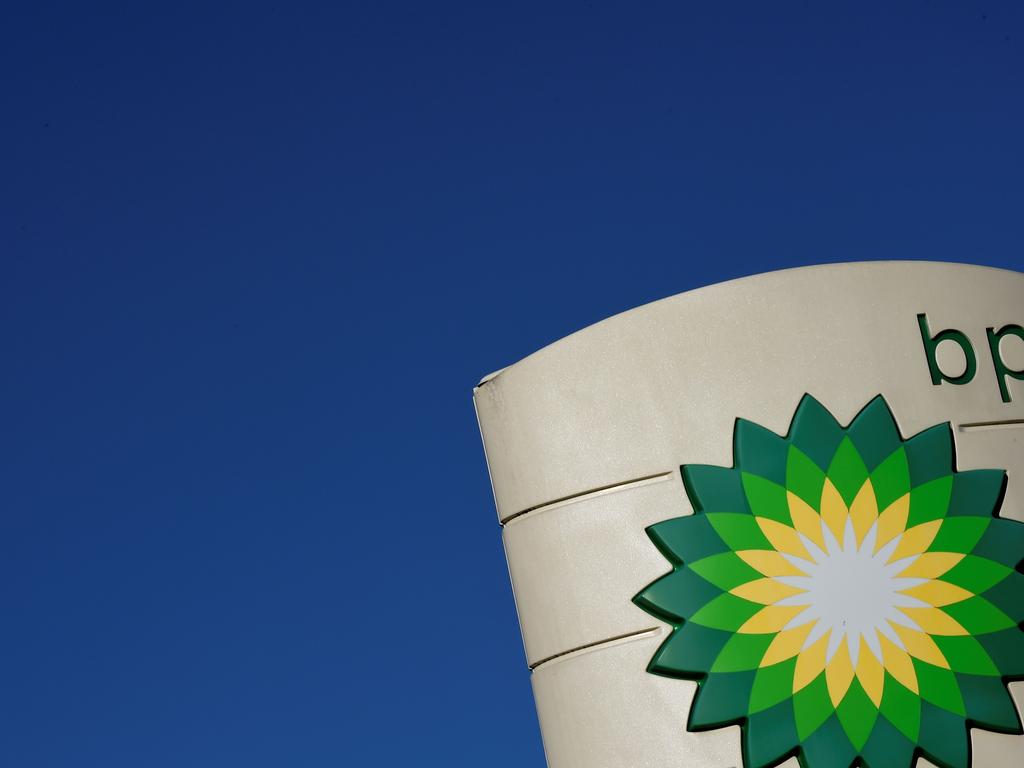
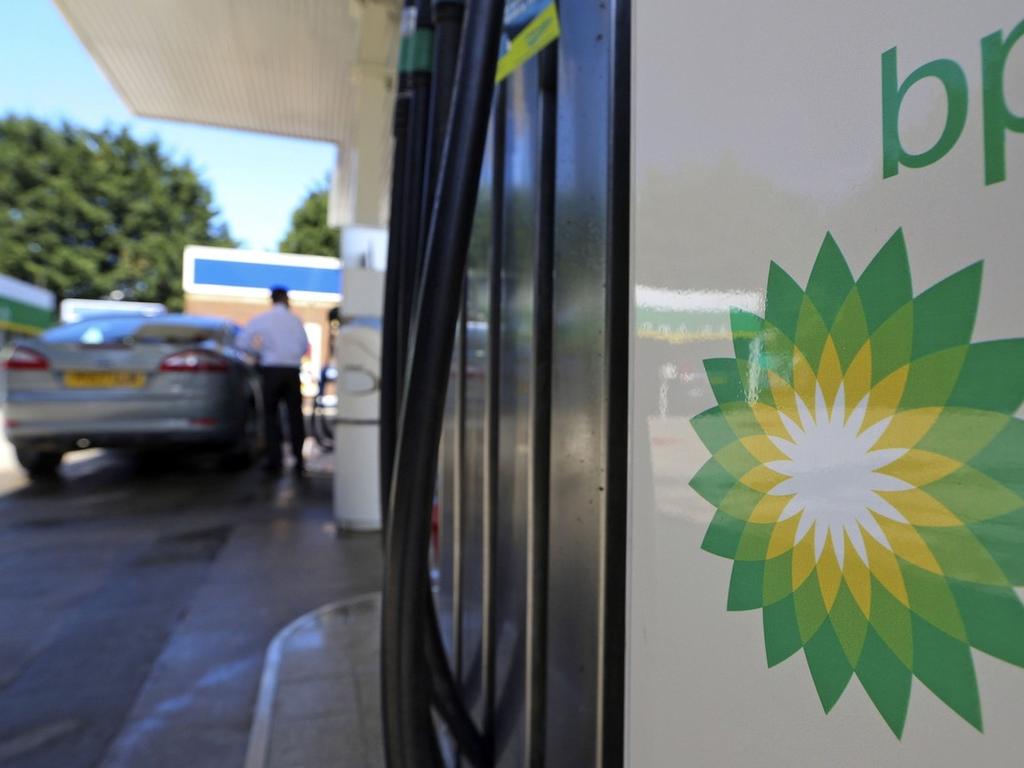
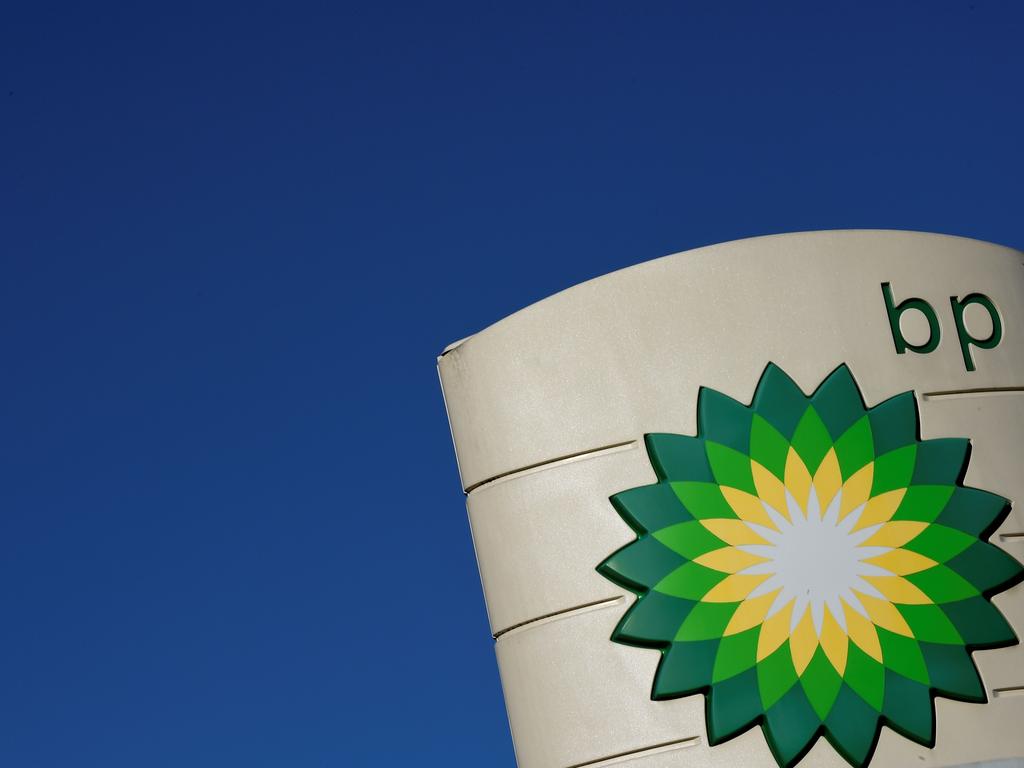
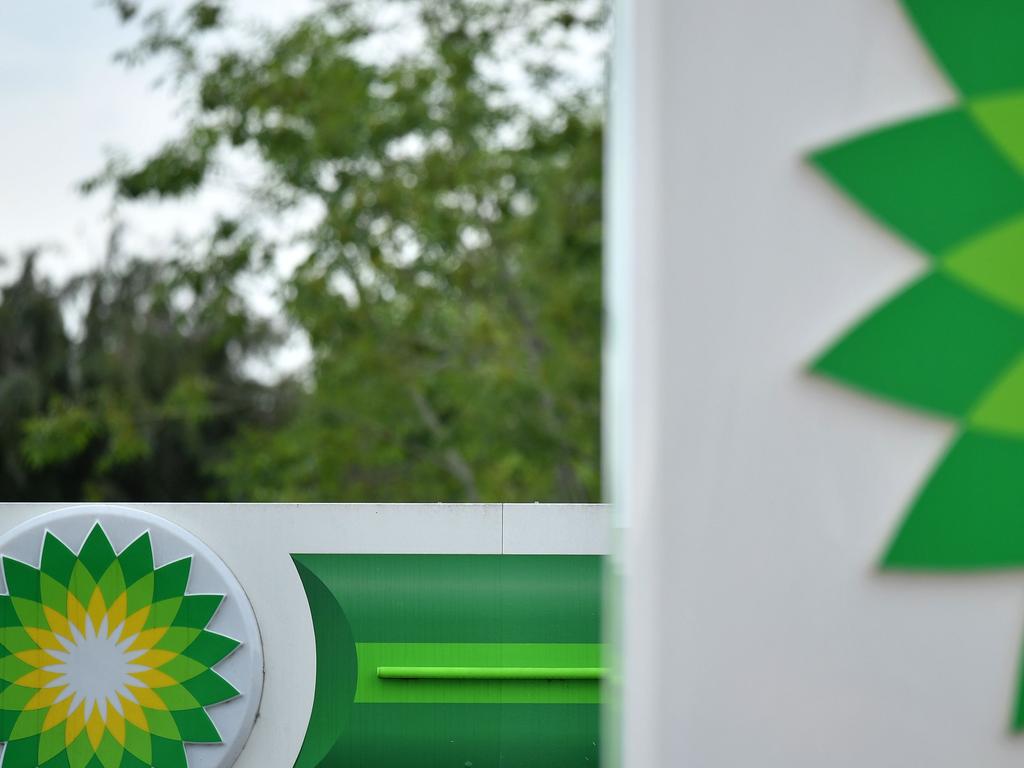
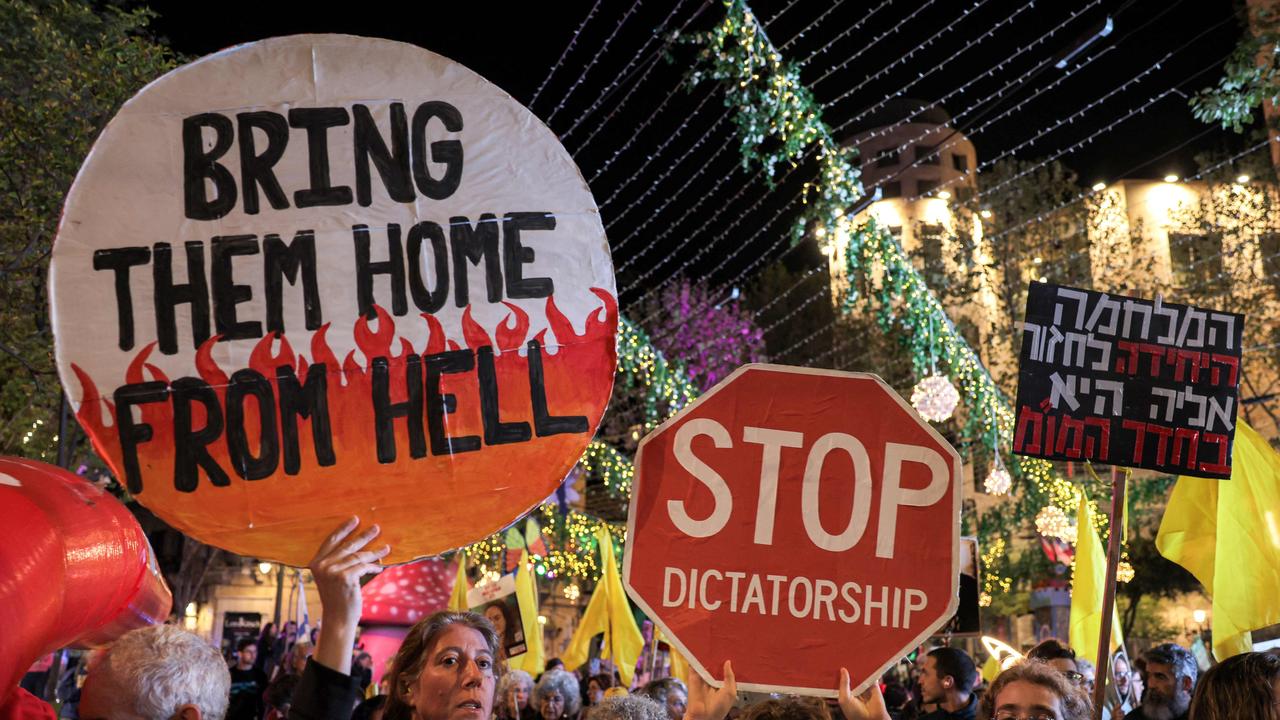

To join the conversation, please log in. Don't have an account? Register
Join the conversation, you are commenting as Logout